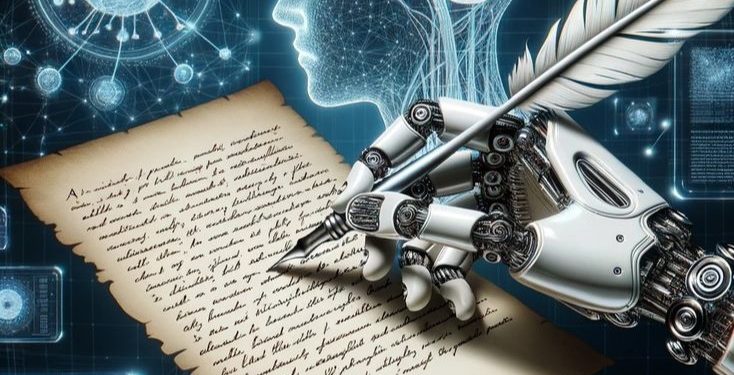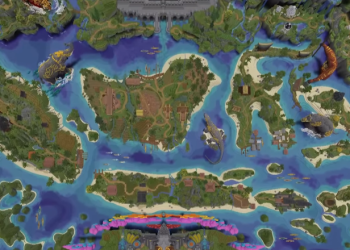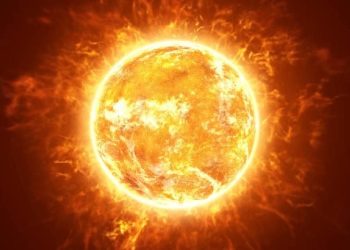Jakarta, Indonesia Sentinel — A new study reveals that poetry written by artificial intelligence (AI) is often preferred over poetry created by humans, particularly among readers who lack expertise in the art form. These readers were more likely to identify AI-generated poems as human-authored than the works of renowned poets.
As AI-generated text continues to evolve, distinguishing it from human-created content has become increasingly challenging. However, skeptics argue that large language models (LLMs) are inherently incapable of producing high-quality poetry due to their lack of creativity and deeper meaning.
In the new study published in Scientific Research, Researchers at the University of Pittsburgh set out to explore whether non-expert readers could reliably differentiate between AI-generated poems and those crafted by well-known human poets. Participants were first asked about their familiarity with poetry, including how much they enjoyed it, how often they read it, and their knowledge of specific poets. Overall, the respondents reported limited experience with poetry.
Participants were then presented with 10 poems—five written by renowned English-language poets and five generated in the style of those poets by ChatGPT 3.5.
The results revealed a surprising trend: readers were more likely to believe that AI-generated poems were human-authored than actual human-created verses. Participants tends to have difficulty to differentiate poems generated by AI than poet written by actual human itself.
In a follow-up experiment, participants were asked to evaluate the overall quality, rhythm, imagery, voice, emotional resonance, and thematic clarity of each poem. AI-generated poetry consistently outperformed human-written works in terms of overall quality. All five AI-generated poems were rated higher than their human counterparts.
Pamali: The Enduring Influence of Indonesian Traditional Taboos
Why AI Poetry More Preferred
The study’s authors suggest that non-expert readers gravitate toward AI-generated poetry because it tends to be more straightforward and accessible.
According to researchers cited by The Guardian, the “complexity and ambiguity” characteristic of human-written poetry often enhance its artistic appeal. These works convey profound imagery and emotions in ways that may be challenging for casual readers to interpret.
In contrast, AI-generated poems lack such complexity, making them more effective at clearly communicating themes and emotions. For non-experts who may lack the time or interest for deep analysis, this clarity makes AI poetry more appealing, leading to a preference for its simplicity over the perceived incoherence of human-crafted verses.
The researchers conclude that readers struggle to discern machine-generated text and often trust that AI is incapable of replicating the nuanced experiences of human creativity. This misplaced confidence may further blur the line between human and AI-authored works as AI technology continues to advance.
(Raidi/Agung)

























